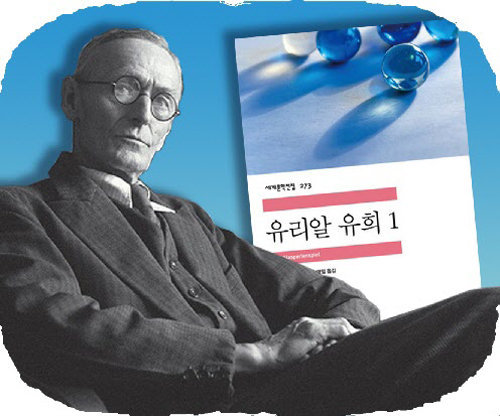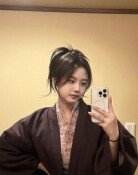Herman Hesse’s 'Lushi Chunqiu'
Herman Hesse’s 'Lushi Chunqiu'
Posted April. 26, 2023 07:48,
Updated April. 26, 2023 07:48

“Music in times of peace is calm and joyful, reflecting rightful politics, while music in unstable times is enraged and wrathful, mirroring the odd way of how the country is ruled. Music of an era in demise is sentimental and sorrowful, making politics risky,” said Lu Buwei in his book Lushi Chunqiu. Herman Hesse used this quote in his book, remarking that the Chinese of more than 2,000 years ago were more knowledgeable than Western musicians.
According to Lu, music at its essence should be calm and uplifting. He argued that the demise of the Chu Dynasty was due to deviating music. Their music was depressing and violent, and the country grew more dangerous and eventually perished. In his last novel, "The Glass Bead Game" (1943), and his letter to his friend Otto Basler (1934), Hesse quotes Lushi Chunqiu in detail, cautioning against music misleading the public. He was skeptical about music deluding people and persuading them to act as a group. He was wary of heroism that discouraged individuality and led people to act as a group of hundreds, thousands, and millions. He believed the heroism of “amity full of joy, screams, impression, and tears” could lead to “war, madness, and blood.” He was mindful of the Nazis, which proved to be right.
Hesse believed that Bach and Mozart were composers that pursued the essence of music. He did not believe that Beethoven or Wagner belonged to his group. As he pointed out, his views toward music were based on Puritan moral values. However, his views that joyful and harmonious music reflects a sound society may be right. According to Hesse, or Lu Buwei, modern music reflecting sadness, rage, and other intense emotions, may be a sign of tumultuous times.






![트럼프의 그린란드 병합 의지, ‘이 사람’이 불씨 지폈다[지금, 이 사람]](https://dimg.donga.com/c/138/175/90/1/wps/NEWS/IMAGE/2026/01/20/133193287.1.jpg)
